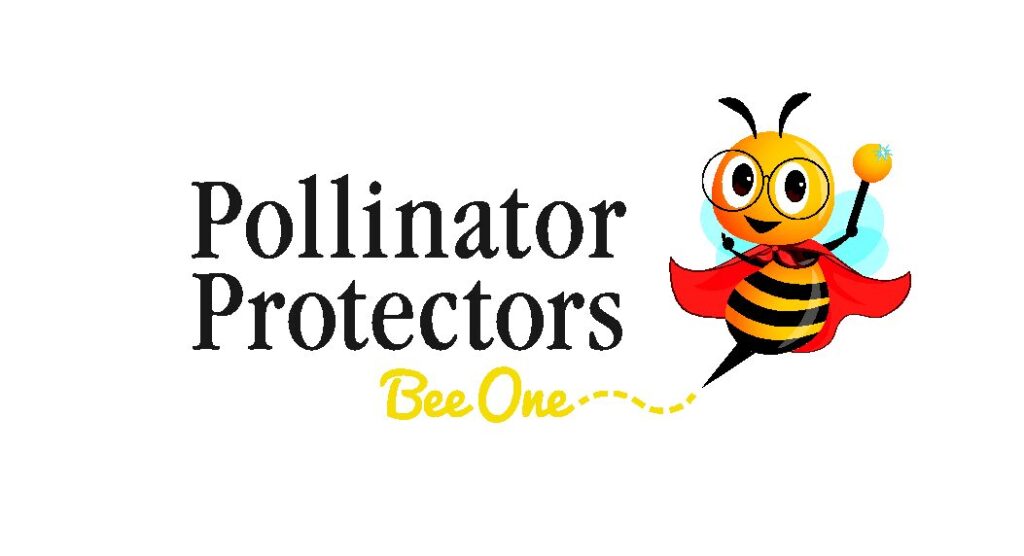Through education and advocacy, the Mill Mountain Garden Club (MMGC) encourages others to conserve the gifts of nature, provide stewardship of our natural resources, and promote the enjoyment of gardens. We focus attention on conservation issues through educational leadership initiatives, informative garden club presentations, participation in the development and maintenance of the Wildflower Garden on Mill Mountain, attendance at regional, state, and national conservation conferences, support of Garden Club of Virginia (GCV) and Garden Club of America (GCA) conservation initiatives, and legislative advocacy at the local, state, and national levels.
The Great Healthy Yard Project is an environmental non-profit organization working to improve and protect the quality of our drinking water in order to help our families lead healthier lives. Dr. Diane Lewis, M.D. is the founder of the non-profit organization, the Great Healthy Yard Project and the author of its sister book, The Great Healthy Yard Project. Lewis, an internist and a nephrologist, licensed to practice medicine in New York State, spoke at a Mill Mountain Garden Club meeting in February, 2020. Lewis has combined her knowledge of medicine with her love of the environment to become involved in a movement to protect our most valuable resources as well as our own health. Join the Garden Club of America and Mill Mountain Garden Club and take the pledge here.
Pledge to take care of my yard without synthetic pesticides, weedkillers and fertilizers except on rare occasions to resolve an infestation or to improve habitat for native plants and wildlife.
I also pledge not to throw pharmaceuticals or chemicals down my drains or toilets.
The majority of land in the United State is owned by private citizens like us and together we can make a real difference. Studies have shown that even very small amounts of pesticides, fertilizers and pharmaceuticals in our water can adversely impact human health.
The Garden Club of America has a wealth of conservation resources as well. Visit their Conservation Committee page (in the member area of the GCA site) to become informed! They provide links to websites, blogs, books, videos, the Step-Up Campaign, the amazingly informative CONWATCH BULLETIN

The Pollinator Protector Project is an awareness initiative spearheaded by Mill Mountain Garden Club. The project focuses on simple steps community members can take to protect pollinators through healthy yards and public spaces. MMGC is working to build community interest and has the support of the Roanoke Valley Garden Club and other community groups. Club members will be distributing signage, wildflower seeds, and Pollinator Protector bookmarks at area events in the spring.
To become a Pollinator Protector, follow these easy steps:
a. Avoid chemical use in yards and gardens, especially insecticides
b. Talk to your neighbors and friends about the importance of pollinators
c. Protect bee nests and caterpillar host plants
d. Grow native plants and trees
e. Consider converting some lawn to meadow
f. TAKE THE PLEDGE! Visit the Xerces Society website and take the pollinator pledge.
Will you BEE ONE?

